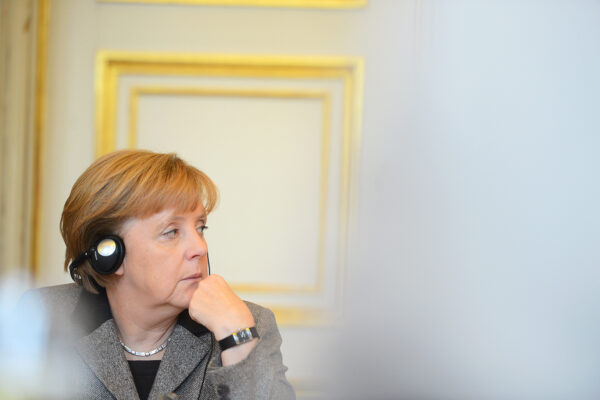
Jeremy Cliffe lists the arguments for and against Germany’s Social Democrats forming another grand coalition with Angela Merkel’s Christian Democrats.
Arguments in favor
- The parties have a responsibility to govern after talks between the Christian Democrats, liberal Free Democrats and Greens failed.
- New elections would waste time and are unlikely to lead to a very different outcome.
- A conservative minority government could do deals with the right-wing Free Democrats and far-right Alternative for Germany.
- There is momentum in Europe for French president Emmanuel Macron’s reform proposals. The pro-European Social Democrats should seize this moment.
- The Social Democrats have won significant concessions: daycare for children to boost female labor participation, higher employer contributions to health care, investments in education and housing, support for some of Macron’s proposals.
Arguments against
- The September 24 election result was a rejection of “more of the same”. Support for the Christian Democrats and Social Democrats went down from 67 to 53 percent.
- Grand coalitions are meant to be the exception in Germany but have governed the country for eight of the last twelve years. Another would fuel political disillusionment.
- It would make the Alternative the largest opposition party, which comes with positions of power in parliament.
- The preliminary deal reached with Merkel omits key Social Democratic demands: higher taxes on the rich, merging public and private health insurance.
- A minority conservative government, with issue-by-issue support from the Social Democrats, would give both parties a chance to redefine themselves.
Bottom line
If your greatest concern is the depoliticization of German civic life and the effects of the [Alternative]’s rise, you might well oppose a new grand coalition. If you think a prompt Franco-German deal on Europe’s future is more important, your inclination will be towards a “yes” vote.
